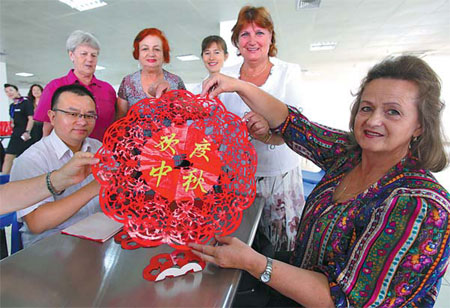In touch with tradition
Updated: 2012-09-30 08:19
By Kelly Chung Dawson in New York and Zhang Chunyan in London(China Daily)
|
||||||||
Chinese in the US and UK celebrate Mid-Autumn Festival with aplomb, report Kelly Chung Dawson in New York and Zhang Chunyan in London.
Mid-Autumn Festival is a special occasion for overseas Chinese, including those in the United States and the United Kingdom, to keep their heritage alive and introduce the younger generation to a celebration that can be traced back to the Xia Dynasty (21st-16th century BC).
So what is the origin of the festival and how do overseas Chinese celebrate it? The Western Han philosophical classic, Huainanzi, attributes the origins of Mid-Autumn Festival to the legend of the star-crossed lovers Hou Yi and Chang E. After Hou, the imperial archer, was awarded the elixir of immortality for shooting down nine of the 10 wayward suns, his beautiful wife, Chang, took the potion and floated to the moon. She, the moon goddess, still lives there and is reunited with her husband, god of the sun, only on nights with a full moon.
Among the many folk tales surrounding the festival is one of rebellion and intrigue. Legend has it that rebels disseminated details of a coup against the Yuan Dynasty (1271-1368) by putting them in mooncakes. On the night of what was the Moon Festival, the rebels attacked Beijing and overthrew the Mongol rulers, establishing the Ming Dynasty (1368-1644).
Celebrated on the 15th day of the eighth month of the lunar calendar (which falls on Sept 30 this year), Mid-Autumn Festival is one of the several holidays that the Chinese celebrate with their families.
But do the Chinese in China and abroad celebrate it the same way?
In major US cities such as New York, Philadelphia and San Francisco, Chinese communities celebrate the festival with folk music, dance performances, traditional Chinese cuisine and, of course, the ubiquitous mooncake.
In the UK, since it is not possible for many Chinese to celebrate the festival with their families, they do the next best thing - have a party, with mooncakes, of course.
Containing countless varieties of fillings that include bean paste, Chinese dates, lotus seed paste and the classic egg yolk, boxes of moon cakes are given as presents in a time-honored tradition.
"The festival symbolizes family unity," said Cathy Hung, executive director of the New York Chinese Culture Center, which is holding Mid-Autumn Festival celebrations in Queens, New York, this year. "It's an opportunity for families to come together and educate the next generation (about Chinese traditions). It's incredibly important to preserve traditions, especially in a distant land. You keep your heritage alive by sharing with your children what you experienced as a child."
For members of the younger generation, the festival is a way of reclaiming their Chinese identity, said Xu Lin, youth organizer for Asian Americans United, or AAU, which will organize a celebration in Philadelphia, Pennsylvania. "There is a shared identity among Asian-Americans," Xu said, "and throughout history people in our position have formed strong communities and used culture to build bonds and fight against discrimination. Festivals like these are very important to us."
The AAU program will feature more than 100 volunteers, Xu said. More than 5,000 people have attended the celebrations every year in the past, as the festival is also an opportunity for different generations to interact.
"It helps build inter-generational dialogue, through which young people can learn about traditions from their elders," Xu said. And though, as in every community, there is a "generation gap" among Chinese, "people from different parts of the city and from different backgrounds can come together at an event like this".
Chinatown message
Cynthia Yee, entertainment coordinator for San Francisco's Chinatown Merchants Association, says the association's annual celebrations began in 1990 to bring business back to Chinatown after the Loma Prieta earthquake devastated the city. The quake had cut off the area, and the celebrations were organized to send the message that Chinatown was open for business again. In recent years, the festival has drawn more than 100,000 people over two days and even attracted sponsors, she says. This year's celebration, for example, is being sponsored by AT&T.
"It brings the community together, and brings awareness to Chinatown," Yee says. "More people live in the suburbs nowadays and don't visit the city as much, but it's important that people know that we are a vibrant community, and it's also important for young people not to forget their history and heritage."
Celebrating festivals reinforces Chinese culture, says Eileen Leung, vice-president of Sacramento Chinese Culture Foundation. "If the younger generations see family members celebrating (the festival) year after year, they will remember it and it will help them remember their ethnicity. This is a vestige that they can relate to," Leung says. "And they will continue to observe the traditions when they have families of their own."
There is no question of not celebrating the festival, says Iris Song, a senior business analyst and mother of two American-born daughters, who lives in the San Francisco Bay area. She recalls fond memories of family gatherings to share a 12-course banquet and after-dinner moon cakes under a silvery moon. "This festival always reminds me of fundamental family values - to care for the elderly and the young, to love your family members, and most importantly, to reunite with family whenever you can," she says.
Her two daughters, 7 and 4 years old, know next to nothing about their parents' home country, Song says. So she and her husband enrolled them in Mandarin after-school programs this summer, hoping they would learn about their heritage. And since the most important part of Mid-Autumn Festival heritage is the mooncake, she was delighted to find them at Costco this year.
It is the duty of the older generation to educate the young, Cathy Hung says. "I don't know whether it's important that children are interested initially but it's important that parents are fully aware that they have to educate their children."
For Chen Jie, who quit her job at HSBC three years ago and is now a homemaker, the festival means a day of quality family time. The mother of a 3-year-old daughter says she will bake moon cakes at home this year.
- Police issue wanted notice for suspect after Brussels attacks
- China eyes cooperation plan for Lancang-Mekong countries
- Toronto's colorful former mayor Rob Ford dies of cancer
- NASA's Kepler sees first 'shock breakout' in exploding star
- First case of Zika virus detected in S.Korea
- Syrian mothers: Survival and loss
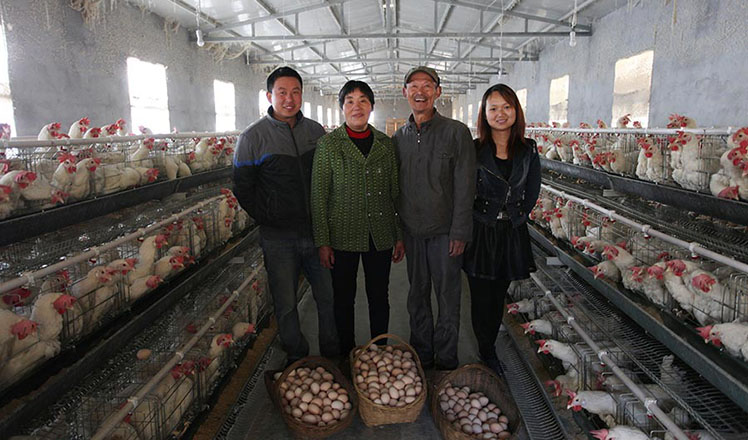
 Migrant couple returns to hometown to raise chickens
Migrant couple returns to hometown to raise chickens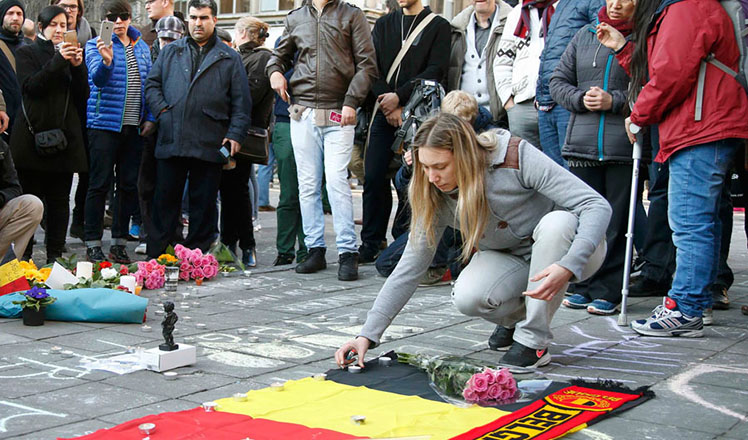
 Victims of Brussels attacks commemorated
Victims of Brussels attacks commemorated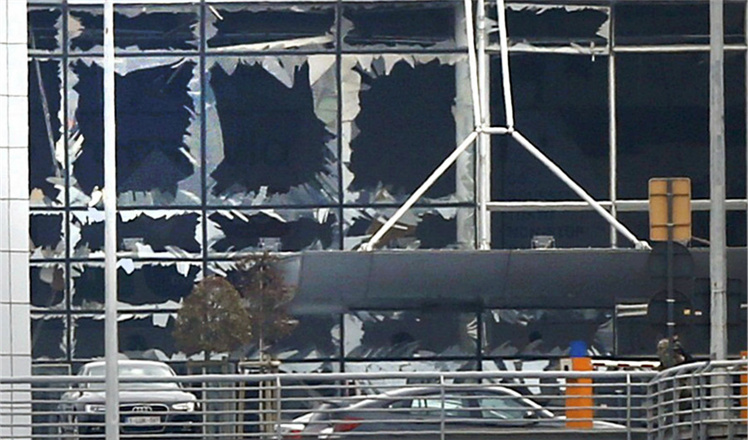
 In photos: Brussels rocked by multiple explosions
In photos: Brussels rocked by multiple explosions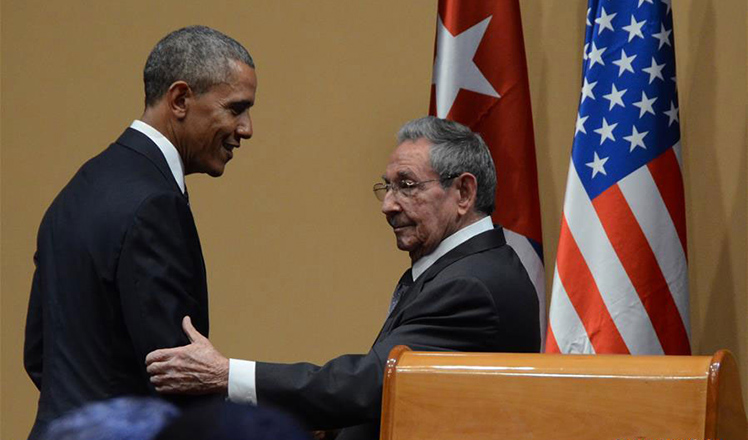
 Raul Castro and Obama hold talks in Havana
Raul Castro and Obama hold talks in Havana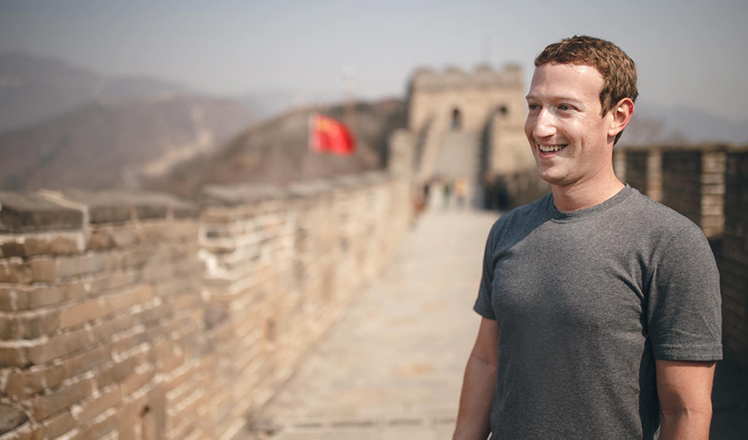
 Facebook's Mark Zuckerberg visits China's Great Wall
Facebook's Mark Zuckerberg visits China's Great Wall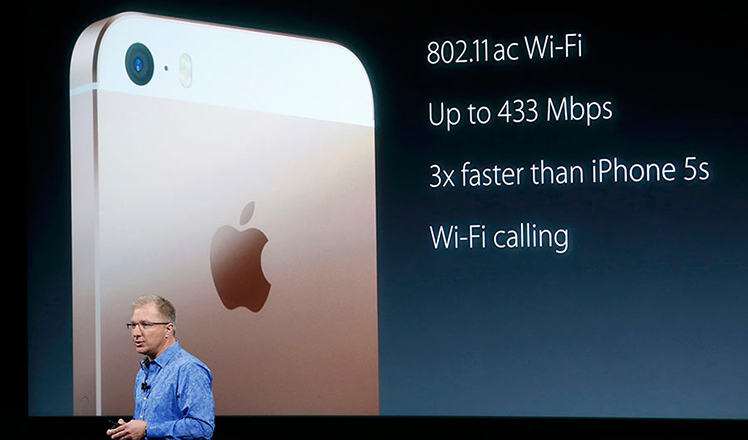
 Apple releases smaller iPhones for new consumers
Apple releases smaller iPhones for new consumers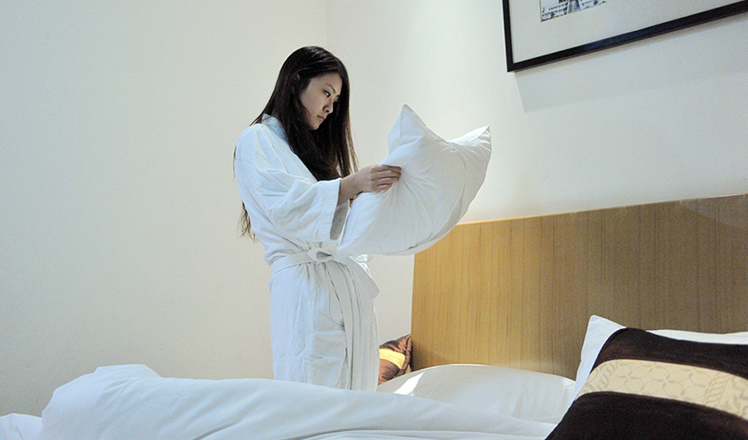
 China's 'sleep testers' search hotels for a good night's rest
China's 'sleep testers' search hotels for a good night's rest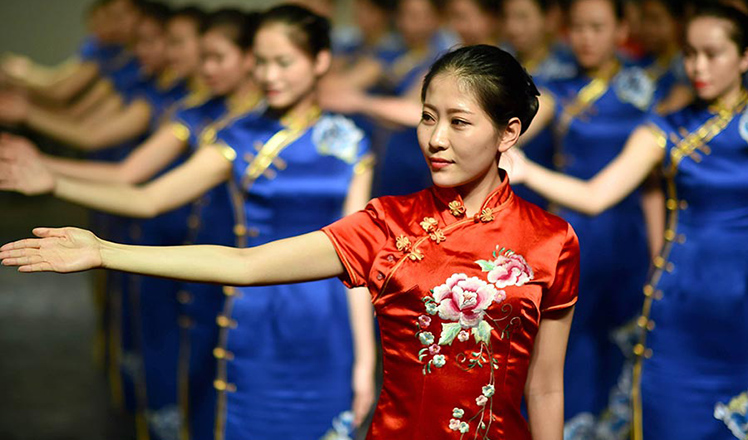
 Practice makes perfect: Preparing for Boao forum
Practice makes perfect: Preparing for Boao forum
Most Viewed
Editor's Picks

|

|

|

|

|

|
Today's Top News
Marriott unlikely to top Anbang offer for Starwood: Observers
Chinese biopharma debuts on Nasdaq
What ends Jeb Bush's White House hopes
Investigation for Nicolas's campaign
Will US-ASEAN meeting be good for region?
Accentuate the positive in Sino-US relations
Dangerous games on peninsula will have no winner
National Art Museum showing 400 puppets in new exhibition
US Weekly

|

|
